Our 2024 Convention offers eight excellent presentations on diverse topics to choose from for our two breakout sessions.
Register Now!
Sessions will NOT be recorded.
Session I
2.0 CE Credits all courses
8:30–10:30 a.m. PT
Let’s Face It Together: Professional Wills Matter Course Level: Intermediate
This workshop may be counted toward the ethics requirement mandated every two years for license renewal.
Abstract: Participants assess ethics and impact of a Professional Will to protect patients by planning for an incapacitation or death. Training is provided on the clinical, business, and emotional considerations for formulating and administering a directive. First-hand experiences as Practice Executor for a relational psychotherapy practice inform the recommended guidelines.
Course Goals and Educational Objectives:
Attendees will be able to:
1. Explain the psychotherapist’s ethical duty to plan for sudden terminations.
2. List the clinical and business duties of a Practice Executor.
3. Prepare to draft a professional will.
Outline:
I. Ethical Duty of Psychologists to Plan for Patient Care in the Event of Incapacitation (15 minutes)
A. APA Standard
B. Professional Will
i. Why don’t more clinicians have one?
C. What is a Practice Executor?
II. Speaker’s Experiences as a Practice Executor (5 minutes)
A. A case of having some warning.
B. A case of no warning.
III. Guidelines and Considerations for Practice Executors Using Case Examples. (50 minutes)
A. Phase I: Clinical Demands
i. The urgent cessation of practice.
ii. Sensitive notification of current patients.
iii. Provision of coverage to address patients’ immediate and longer-term needs.
B. Phase II: Business of practice.
i. Billing.
ii. Providing patients with needed paperwork.
C. Phase III: Long-term practice closure issues.
i. Securing and storing of medical records
ii. Notification to former patients
iii. Remaining practical aspects of business/office closure.
D. Emotional impact of the role and need for support.
IV. Naming Your Own Executor Who Assents (15 minutes)
A. Factors to consider in choosing a colleague.
i. Type of relationship.
ii. Personality and cultural factors.
iii. Family preferences.
B. Determine your desires for your patients’ care.
i. How to notify patients.
ii. Referral suggestions.
C. Consider how you want business aspects of your practice to be handled.
i. Billing falls under personal executor domain. Do you want your practice executor to handle this?
ii. Provide detailed information re: accessing your office, schedule, patient contact information, records.
V. Professional Will (20 minutes)
A. Templates.
B. Copies to those who will need.
C. Add coverage information to your Patient Informed Consent.
IV. Q & A (15 minutes)
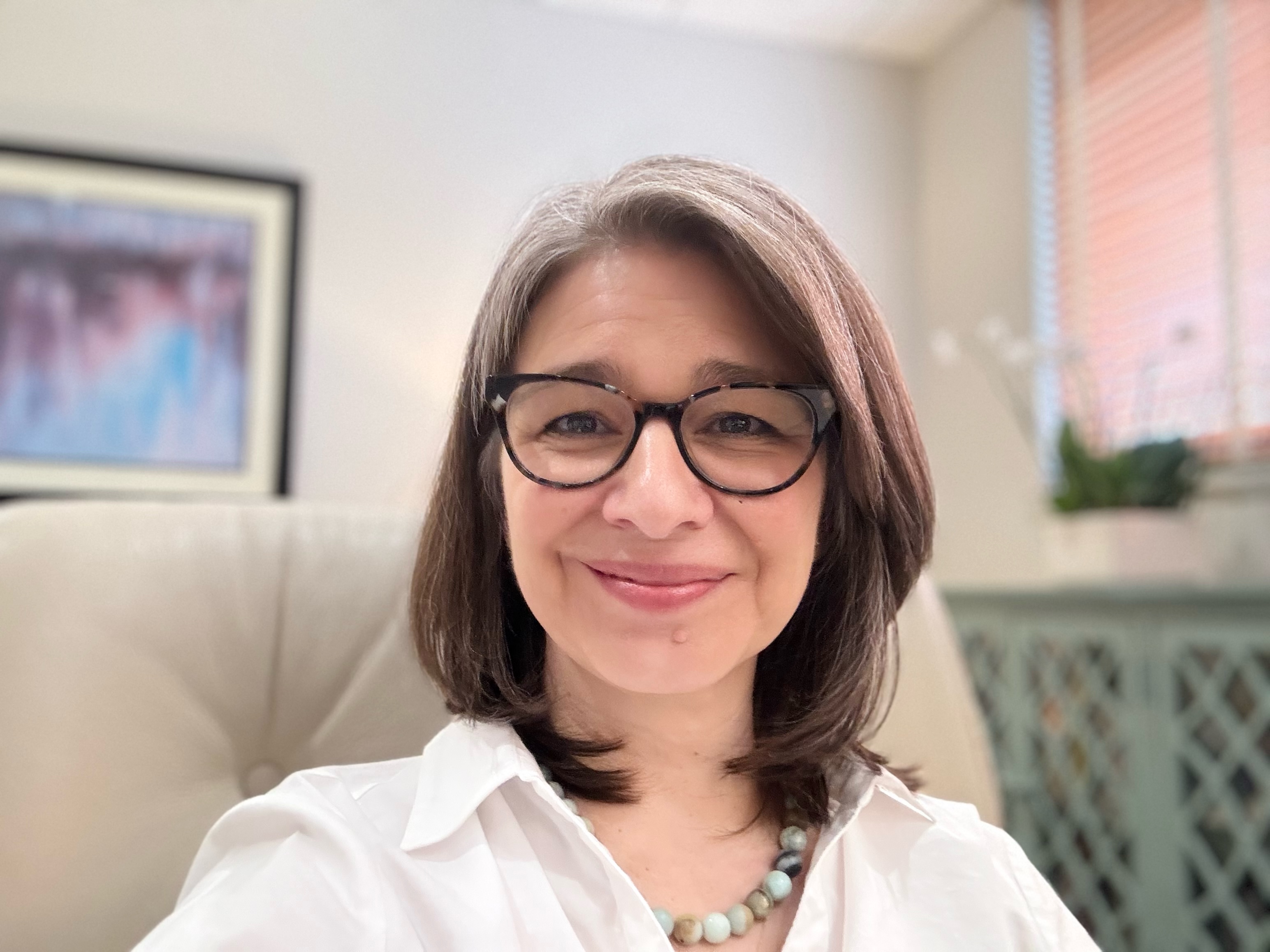
Robyn Miller, Ph.D. is a clinical psychologist practicing in Maryland since 2002. Dr. Miller trained at the Massachusetts Mental Health Center/Harvard Medical School and at Harvard University Counseling Center. She earned a Ph.D. from University of Rochester, and a B.A. from Tufts University. Psychotherapy interests include menopause transitions, eating and mood disorders, and trauma. Dr. Miller has written about professional wills and the role of practice executor.
The Brave New World of Psychedelics in Mental Health Course Level: Intermediate
Abstract: Psychedelics are complex and powerful tools for mental health treatment that offer great promise and demand great caution. Regulation of them and best practices are rapidly evolving. This workshop will cover some fundamentals of their application and principles for harm reduction and maximizing utility.
Attendees will be able to:
1. Describe the major indications and contraindications for ketamine assisted psychotherapy
2. Summarize the evidence-based research for utilizing Ketamine, MDMA and psilocybin assisted psychotherapy
3. Name three principles of psychedelic harm reduction when advising patients who utilize these substances
Course Outline
I. Opening by LACPA 3 min
II. Introduction and definitions 10 min
A. Limitations of current approaches
B. Call for a paradigm shift
C. Traditional use
D. History of psychedelic science
III. Therapeutic components
A. Models of change and approach 10 min
1. Biological / Medical
2. Low Dose / Relational / Somatic
3. Psychedelic Dose / Transpersonal
B. Importance of treatment goals / intention 10 min
1. Assessment
2. Preparation
3. Integration
4. Plasticity / behavior change
C. Clinical skills 5 min
D. Ethics 5 min
IV. Research – Legality - Regulation
A. Ketamine 15 min
1. History of Use
2. Treatment models
3. Indications
B. MDMA 15 min
1. Trauma research
2. Neuroplasticity – Dolen’s research
3. Regulatory landscape
C. Psilocybin 10 min
1. Depression
2. Cancer
3. Addiction
4. Regulatory landscape
D. Microdosing 7 min
1. Legality
2. Research
3. Best practices
V. Harm reduction with non-clinical use 10 min
A. Contraindications
1. Diagnoses
2. Stability / resources
3. Expectations
B. Guide / community
C. Dose / purity
D. Risks
VI. Q & A 20 min

Eva Altobelli, M.D., is the founder of Home-LA, a wellness center integrating psychiatry, psychotherapy and psychedelic healing. Dr Altobelli completed a psychiatric residency and fellowship in addiction and is a Diplomat of the American Board of Psychiatry and Neurology. With post graduate training ranging from IFS and psychotherapy, to ketamine and psychedelic therapies, her practice integrates mind, body and spirit into the healing process.
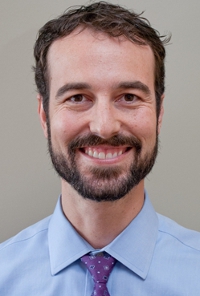 David Laramie, Ph.D., is a health psychologist who strongly believes in systemic and integrative approaches to healing and wellness. He draws on psychoanalytic, emotion focused, psychedelic, energy, and somatic approaches in his psychotherapy work. He has completed training with the Psychedelic Research and Training Institute, Naropa University, the Multidisciplinary Association of Psychedelic Studies, and the Psychedelic Somatic Institute. David Laramie, Ph.D., is a health psychologist who strongly believes in systemic and integrative approaches to healing and wellness. He draws on psychoanalytic, emotion focused, psychedelic, energy, and somatic approaches in his psychotherapy work. He has completed training with the Psychedelic Research and Training Institute, Naropa University, the Multidisciplinary Association of Psychedelic Studies, and the Psychedelic Somatic Institute.
Cultivating Resilience: Inclusive Therapy for Mixed Race Clients Course Level: Intermediate
This workshop may be counted toward the Cultural Diversity and Social Justice requirement
mandated every two years for license renewal.
This presentation explores the experiences of mixed race individuals, their identity development, and the mental health impact of marginalization. Recognize microaggressions' influence on presenting problems and learn practical strategies to address them, fostering a more inclusive practice. Gain important insights bridging research and clinical application to better serve multiracial clients.
Attendees will be able to:
1. Identify 3-5 ways a mixed race person may racially identify
2. Recognize microaggressions faced by mixed race people and explore how these may influence their presenting problems
3. Utilize new strategies to aid the development of resilience and ability to resist societal pressures
Outline:
-
Opening introduction by a LACPA representative (3min)
-
Introducing the Presentation (15min)
A. Overview (3min)
B. Introduction of speaker (5min)
C. Interactive ice breaker (4min)
D. Goals, objectives and flow of presentation (3min)
-
Terms and Brief History (15min)
A. “Pop quiz”
B. Terms to know
C. Setting the stage: Then vs. Now
D. Participation question
-
Identity Development in Mixed Race Populations (10min)
A. 4 choices - Dr. Maria Root
B. 4 choices - Rockquemore & Brunsma
-
Marginalization and the Mixed Race Experience (10 min)
A. Sociocultural and sociopolitical factors
B. How marginalization shows up in the therapy room
-
Addressing mixed race microaggression in the therapy room (36min)
A. Microaggression 1 - explanation and examples
i. How not to respond to client
ii. Strategies for addressing microaggression #1
B. Microaggression 2 - explanation and examples
i. How not to respond to client
ii. Strategies for addressing microaggression #2
C. Microaggression 3 - explanation and examples
i. How not to respond to client
ii. Strategies for addressing microaggression #3
D. Microaggression 4 - explanation and examples
i. How not to respond to client
ii. Strategies for addressing microaggression #4
E. Microaggression 5 - explanation and examples
i. How not to respond to client
ii. Strategies for addressing microaggression #5
F. Microaggression 6 - explanation and examples
i. How not to respond to client
ii. Strategies for addressing microaggression #6
-
Closing, Resources for further education (4 min)

Jennifer Noble, Ph.D. (she/her) specializes in adolescents, mixed race and BIPOC people. Her clinical work uses multicultural community psychology and liberation psychology to address sociopolitical and sociocultural factors impacting mental health. Dr. Noble conducts seminars for clinicians seeking to increase cultural humility with mixed race populations and works with parents of mixed race children teaching how to build a secure identity.
Help couples with sex, even if you're not a sex therapist Course Level: Intermediate
Couples seeking relationship therapy often struggle with their sexual relationship. However, long-standing divides between the fields of couples and sex therapy leave couples therapists feeling ill-prepared to address sex in therapy. This workshop offers an attachment-focused framework to assess and address sexual difficulties, even if you’re not a sex therapist.
Attendees will be able to:
1. Explain a couple’s sexual distress cycle from within an attachment framework.
2. Outline interventions and a explain the debrief process to help couples who are not currently sexual or are very constrained sexually to restart “safe touch.”
3. Demonstrate increased self-awareness of possible blocks to one’s own comfort and flexibility in processing sexual content in couples therapy and list possible actions to lower those blocks.
Outline:
Note: Q&A will be also be integrated throughout the presentation.
-
I. Welcome and Introduction: LACPA/Presenters (5)
II. Do we need to be trained in sex therapy to heal sexual relationships? (10)
- The divide in our fields
- Why it’s so hard to talk about sex
- Sex = a bonding activity; we can address it with the therapy skills we have
- Our own backgrounds, narratives, values, messages, etc.
- When we DO need to refer out
III. An Attachment Frame on a Couple’s Sexual Relationship (20)
- EFT primer;
- sex is an attachment behavior
IV. The Sexual Cycle (40, with video)
- Overview of a couple’s negative cycle, using sex as example
- Video of a couple
- Discussion/learning points
V. Tool Kit: Safe Touch Exercises (30)
VI. Additional Training Opportunities (5)
VII. Q & A (10)
 Silvina Irwin, Ph.D. is a clinical psychologist in Pasadena, California. She specializes in addressing the impact of trauma on intimate relationships, and in helping couples with their sexual connection. Trained and mentored by Dr. Sue Johnson, Silvina is a certified trainer in Emotionally Focused Therapy. She is bilingual in Spanish, and trains therapists around the world in EFT. Silvina is the co-founder of the EFT Resource Center, and the EFT Center of Los Angeles. Silvina Irwin, Ph.D. is a clinical psychologist in Pasadena, California. She specializes in addressing the impact of trauma on intimate relationships, and in helping couples with their sexual connection. Trained and mentored by Dr. Sue Johnson, Silvina is a certified trainer in Emotionally Focused Therapy. She is bilingual in Spanish, and trains therapists around the world in EFT. Silvina is the co-founder of the EFT Resource Center, and the EFT Center of Los Angeles.
 Lisa Blum, Psy.D. (PSY#19790) is a licensed clinical psychologist and an ICEEFT-Certified Supervisor in Emotionally Focused Couples Therapy (EFT). Dr. Blum is in private practice in Pasadena and her work includes individual, couples, family therapy, and supervision, training, and public speaking on family, marital, parenting and sexuality issues. Dr. Blum works with both LGBTQ+ and straight couples, and co-facilitates workshops for couples who want to enrich their sexual connection. Lisa Blum, Psy.D. (PSY#19790) is a licensed clinical psychologist and an ICEEFT-Certified Supervisor in Emotionally Focused Couples Therapy (EFT). Dr. Blum is in private practice in Pasadena and her work includes individual, couples, family therapy, and supervision, training, and public speaking on family, marital, parenting and sexuality issues. Dr. Blum works with both LGBTQ+ and straight couples, and co-facilitates workshops for couples who want to enrich their sexual connection.
Session III
2.0 CE Credits for all courses
2:30 p.m. – 4:30 p.m. PT
It will never happen to me and other ethical delusions Course Level: Advanced
This workshop may be counted toward the ethics requirement mandated every two years for license renewal.
We will address common ethical questions from LACPA members who consulted the Ethics and Education Committee. A sample of Board of Psychology disciplinary actions, citations, and their resolutions will also be reviewed. We will outline the steps for psychologists to follow to ensure that they are practicing within ethical guidelines.
Attendees will be able to:
1. Learn when and how to use the Ethical Standards and Code of Conduct for Psychologists.
2. Identify and prevent ethical infractions as much as possible.
3. Employ a step by step model to apply to any ethical issues they might face.
4. Describe three ways the Ethics committee can help LACPA members identify, and manage, and prevent future ethical dilemmas.
Outline:
1. Opening introduction by LACPA representative (3)
2. Fun ethics video (5)
3. Where to find the Ethical Principles of Psychologists and Code of Conduct, and a model for managing ethical dilemmas (8)
4. Enforcement by Board of Psychology including administrative citations and disciplinary actions (30)
5. Most common questions received by the LACPA Ethics and Education Committee by category (10)
6. Examples of ethical issues received and their resolution (30)
7. Specific steps to ensure ethical practice (5)
8. Question and Answer period (30)
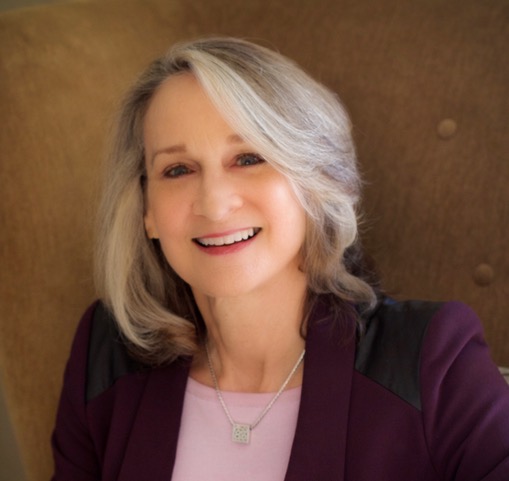
Barbara Cadow, Ph.D., has been in private practice for over 35 years. She is on the clinical faculty at the Department of Psychology at the University of Southern California. She served as Vice President of the California Board of Psychology and is a member of the LACPA Ethics, Information and Education Committee.
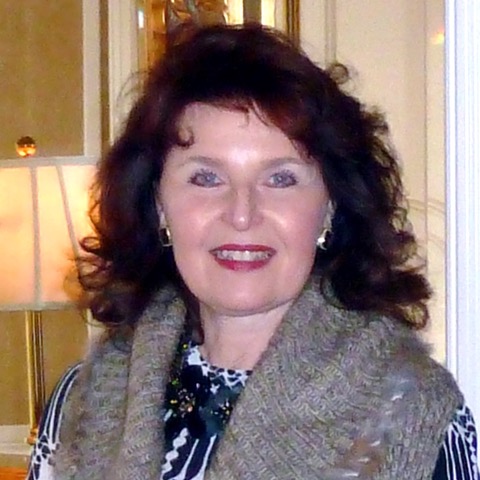 Cheryl A. Kempinsky, Ph.D., received her degree from the California School of Professional Psychology in 1990. Her practice, DBT Associates of Southern California, in Westwood, specializes in the treatment of BPD adults, adolescents, children and families using Dialectical Behavioral Therapy. She has served on the Board of Directors of the National Education Alliance for Borderline Personality Disorder. Currently, she is a member of the LACPA’s Ethics Information and Education Committee. Cheryl A. Kempinsky, Ph.D., received her degree from the California School of Professional Psychology in 1990. Her practice, DBT Associates of Southern California, in Westwood, specializes in the treatment of BPD adults, adolescents, children and families using Dialectical Behavioral Therapy. She has served on the Board of Directors of the National Education Alliance for Borderline Personality Disorder. Currently, she is a member of the LACPA’s Ethics Information and Education Committee.
 Margaret (Molly) Hunt, Ph.D., co-directs Santa Monica Psychology Group, where she provides cognitive-behavioral and mindfulness-based therapies to adults. Dr. Hunt additionally co-chairs the LACPA Ethics Committee, is a member of the California Psychological Association Ethics Committee, and serves as Clinical Faculty at UCLA. She received her Clinical Psychology doctorate from UCLA. Her work has been published in Brain, Behavior and Immunity, Frontiers in Psychiatry, and The British Journal of Psychiatry, among others. Margaret (Molly) Hunt, Ph.D., co-directs Santa Monica Psychology Group, where she provides cognitive-behavioral and mindfulness-based therapies to adults. Dr. Hunt additionally co-chairs the LACPA Ethics Committee, is a member of the California Psychological Association Ethics Committee, and serves as Clinical Faculty at UCLA. She received her Clinical Psychology doctorate from UCLA. Her work has been published in Brain, Behavior and Immunity, Frontiers in Psychiatry, and The British Journal of Psychiatry, among others.
Functional Neurological Disorder: Considerations for the Mental Health Professional Course Level: Intermediate
Functional neurological disorder (FND) is a misunderstood and stigmatized neuropsychiatric disorder which leads to high levels of functional impairment, burden, and healthcare costs. Individuals with FND often experience iatrogenic harm, misdiagnoses, and incorrect treatment, further exacerbating symptomatology. A well-informed therapist is uniquely equipped to address these barriers and facilitate recovery.
Attendees will be able to:
1. Attendees will be able to identify positive signs, symptoms, and comorbid features of FND
2. Attendees will be able to explain 3 unique challenges inherent to living with FND
3. Attendees will be able to describe tangible strategies to increase accessibility of care for people with FND
Outline:
1. Introduction to speakers (3 min)
2. Introduction to FND, including definition, prevalence rates, and outcome (10 minutes)
3. Signs and symptoms of FND and comorbidities (10 minutes)
4. Neuroscience of FND (10 minutes)
5. Phenomenology of FND/ The lived experience (20 minutes)
6. Medical trauma and iatrogenic harm (15 minutes)
7. Biopsychosocial model applied to FND (15 minutes)
8. Treatment considerations (17 minutes)
9. Q and A (20 min)
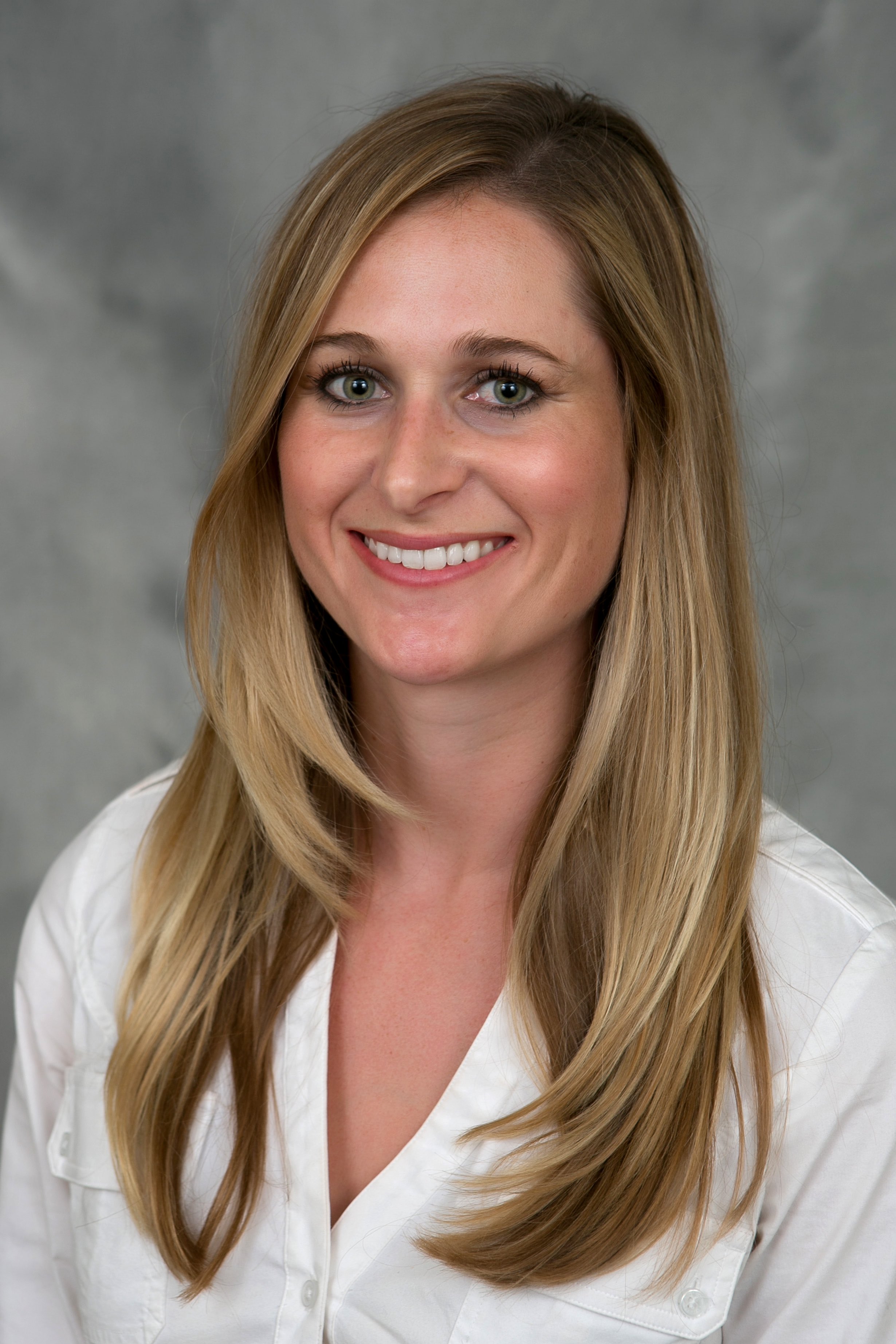
Lauren Keats, Psy.D., is a neuropsychologist and psychology director at re+active therapy and wellness. She completed her clinical internship in integrated behavioral medicine and post-doctoral training in geropsychology. She currently specializes in neuropsychological assessment and treatment of adults with a broad range of conditions, including functional neurological disorder, persisting problems after concussion, acquired brain injury, Parkinson’s disease, and neurodegenerative disease.

Mike Pugh, Ph.D., is a rehabilitation psychologist in a multidisciplinary rehabilitation clinic. He received his Counseling Psychology PhD from Virginia Commonwealth University and completed additional training in rehabilitation and health psychology. He conducts evidence-based treatment with populations who have chronic health conditions. Mike conducts and publishes research pertaining to health disparities, neurorehabilitation outcomes, and social determinants of health.
Risk & Resilience in Descendants of the Holocaust Course Level: Intermediate
This workshop may be counted toward the Cultural Diversity and Social Justice requirement
mandated every two years for license renewal.
The relationship between psychological symptoms and family communication in second- and third-generation Holocaust survivors is explored. Specific vulnerability and resilience factors related to the intergenerational effects of Holocaust exposure are highlighted. Clinical implications, including culturally sensitive assessment, conceptualization, and treatment of intergenerational trauma in descendants of Holocaust survivors, are discussed.
Attendees will be able to:
1. Summarize risk and resilience factors in descendants of Holocaust survivors
2. Identify nuanced psychological symptom presentation of intergenerational trauma in descendants of Holocaust survivors and its relationship to family functioning and communication.
3. Apply a culturally sensitive and trauma-informed lens in assessing and treating descendants of Holocaust survivors
Outline:
1. Introduction (7 minutes)
A. Welcome and introduction by LACPA representative – 3 minutes
B. Grounding breaths – 1 minute
C. Presenter backgrounds and prevalence of subject today – 4 minutes
D. Overview of presentation objectives and structure – 2 minutes
2. Understanding Transgenerational Trauma (20 minutes)
A. Definition and concept of transgenerational trauma and intergenerational trauma
B. Guiding research trends of intergenerational trauma
C. Historical context: Intergenerational effects of the Holocaust
3. Psychological Symptoms and Communication (40 minutes)
A. Psychological symptoms in descendants of Holocaust survivors
B. Impact of trauma on familial relationships
C. Relationship between family communication patterns and psychological symptomatology
D. Communication in Holocaust survivor families
E. Communication differences among different relational dyads
F. Vulnerability and resilience factors related to transgenerational trauma in descendants of Holocaust survivors
4. Q&A and Discussion (10 minutes)
5. Clinical Implications (25 minutes)
A. Culturally sensitive assessment and conceptualization
B. Diversity and cultural considerations
C. Strategies and approaches for treatment of intergenerational trauma in descendants
6. Q&A and Discussion (15 minutes)
7. Summary and Conclusion (3 minutes)
 Melissa Wasserman, Psy.D., is an Assistant Professor at Pepperdine University’s Graduate School of Education and Psychology. Her areas of scholarship include war-related trauma, cultural trauma, post-traumatic growth, and resilience. She co-directs a student training mental health clinic at a faith-based mission on Skid Row located in downtown Los Angeles and maintains a small private practice in the Los Angeles area. Melissa Wasserman, Psy.D., is an Assistant Professor at Pepperdine University’s Graduate School of Education and Psychology. Her areas of scholarship include war-related trauma, cultural trauma, post-traumatic growth, and resilience. She co-directs a student training mental health clinic at a faith-based mission on Skid Row located in downtown Los Angeles and maintains a small private practice in the Los Angeles area.
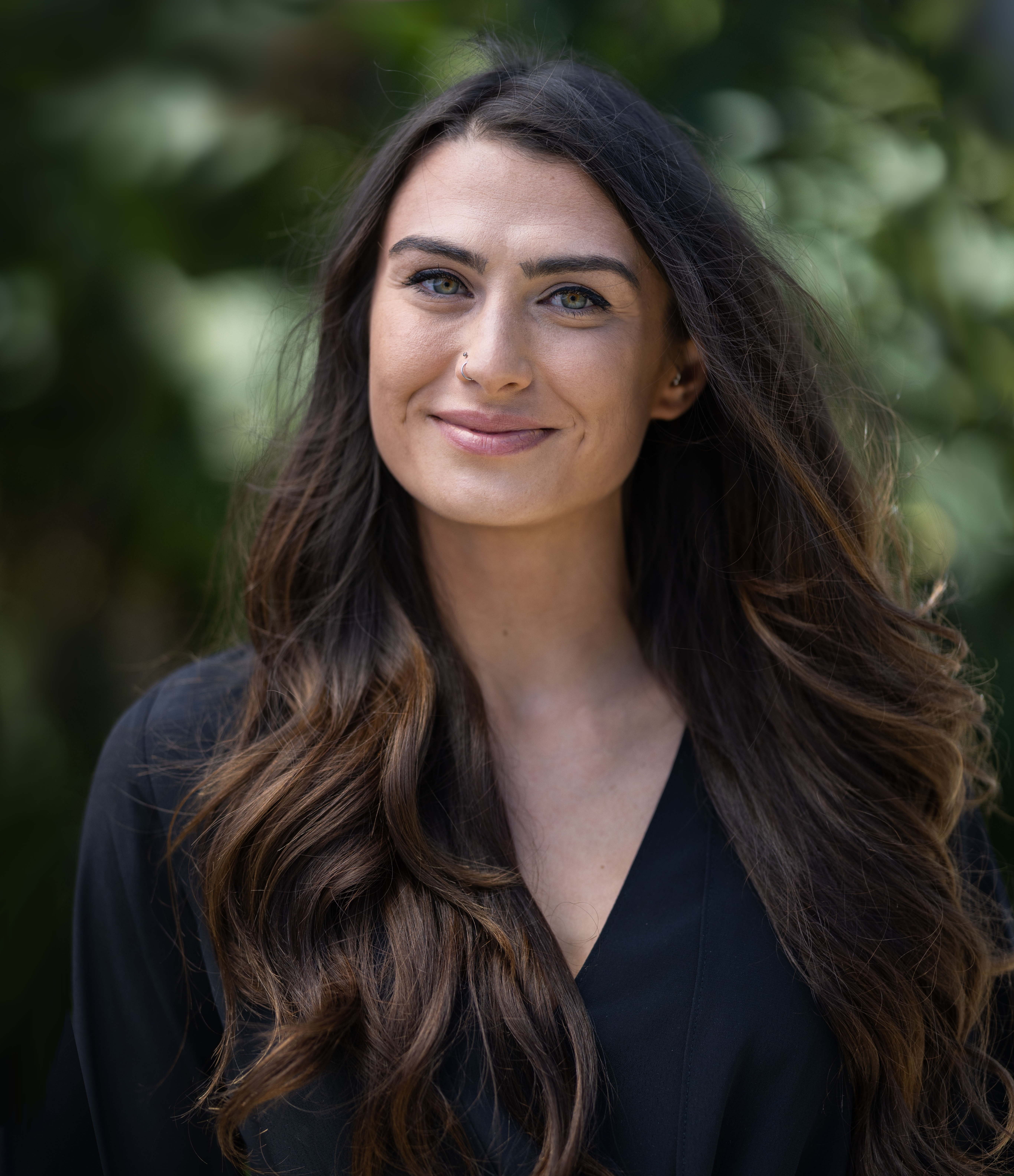
Sarah Peterson, B.S., is a graduate student in Pepperdine University’s Master of Arts in Clinical Psychology program. An MFT/PCC trainee at Maple Counseling Center, she holds a foundation in counseling and family dynamics from anti-racist, intersectional feminist, and affirmative lenses. Within Pepperdine’s Trauma Risk & Resilience Research Lab, Sarah’s research focuses on transgenerational trauma transmission and evidence-based interventions for trauma-exposed populations.
Storytelling for Human Rights: Artivism Overcomes Tokenism Course Level: Intermediate
This workshop may be counted toward the Cultural Diversity and Social Justice requirement
mandated every two years for license renewal.
Tokenism creates an illusion of equality for minorities. The term Artivism merges art and activism, advocating for societal change, engaging audiences to raise awareness and inspire action on critical issues. By applying Bronfenbrenner's ecological model and Artivism, mental health practitioners may address tokenism and advocate for universal human rights.
Attendees will be able to:
1. Describe the fundamental principles of Tokenism and its detrimental influence on socioecological systems, based on Bronfenbrenner's model.
2. Identify the primary barriers faced by those who experience tokenism and recognize opportunities to help these individuals.
3. Utilize art to advocate against tokenism and promote universal human rights such as diversity, inclusion, and equity.
Outline:
1. (3 minutes): Opening Introduction by LACPA Representative
2. (5 Minutes): Overview of Presentation
3. (15 minutes): A comprehensive overview of Tokenism and its manifestations in educational and professional environments.
4. (20 Minutes): What is Artivism?
A. Illustrative and linguistic illustrations demonstrating the application of art to promote the principles of inclusion, diversity, and equity.
5. (10 Minutes): Stories applying Artivism from presenters.
6. (5 minutes): Recap of the benefits of Artivism in promoting healing and empowerment.
7. (30 minutes): Applying Artivism from a socioecological perspective.
A. Individual
B. Microsystem
C. Mesosystem
D. Exosytem
E. Macrosystem
F. Chronosystem
8. (10 Minutes): Call to action for psychologists and mental health clinicians to embrace Artivism and advocate against tokenism.
9. (22 Minutes): Conclusion and Questions

Michi Fu, Ph.D., is a licensed Psychologist and Professor at Alliant International University and Visiting Professor of National Taiwan University’s College of Public Health. They consult at Garfield Health Center and have a telehealth practice, utilizing bilingual skills. Dr. Fu specializes on the topics of cross-cultural psychology, Asian American mental health, sexuality, gender, leadership, mentoring and complex trauma.
 Aron Sanabria, M.A., is a current PhD. Student at Alliant International University. He obtained his Master of Arts in Counseling for Mental Health and Wellness from New York University. He received certifications in Mental Health First Aid and Sexual Harassment Prevention. He has interned at Mind-Body and Inner Self Counseling, as a therapist in private practice. Aron Sanabria, M.A., is a current PhD. Student at Alliant International University. He obtained his Master of Arts in Counseling for Mental Health and Wellness from New York University. He received certifications in Mental Health First Aid and Sexual Harassment Prevention. He has interned at Mind-Body and Inner Self Counseling, as a therapist in private practice.

Raphael Solano is an undergraduate student at California Polytechnic University, Pomona's Psychology program. He is interested in working with culturally diverse populations and delving deeper into the intersection of cultural attitudes, art, and morality development, including effects on a person's sense of self and their decision making. He is currently involved with the PsiChi chapter on his campus.
|




 Silvina Irwin, Ph.D. is a clinical psychologist in Pasadena, California. She specializes in addressing the impact of trauma on intimate relationships, and in helping couples with their sexual connection. Trained and mentored by Dr. Sue Johnson, Silvina is a certified trainer in Emotionally Focused Therapy. She is bilingual in Spanish, and trains therapists around the world in EFT. Silvina is the co-founder of the EFT Resource Center, and the EFT Center of Los Angeles.
Silvina Irwin, Ph.D. is a clinical psychologist in Pasadena, California. She specializes in addressing the impact of trauma on intimate relationships, and in helping couples with their sexual connection. Trained and mentored by Dr. Sue Johnson, Silvina is a certified trainer in Emotionally Focused Therapy. She is bilingual in Spanish, and trains therapists around the world in EFT. Silvina is the co-founder of the EFT Resource Center, and the EFT Center of Los Angeles. Lisa Blum, Psy.D. (PSY#19790) is a licensed clinical psychologist and an ICEEFT-Certified Supervisor in Emotionally Focused Couples Therapy (EFT). Dr. Blum is in private practice in Pasadena and her work includes individual, couples, family therapy, and supervision, training, and public speaking on family, marital, parenting and sexuality issues. Dr. Blum works with both LGBTQ+ and straight couples, and co-facilitates workshops for couples who want to enrich their sexual connection.
Lisa Blum, Psy.D. (PSY#19790) is a licensed clinical psychologist and an ICEEFT-Certified Supervisor in Emotionally Focused Couples Therapy (EFT). Dr. Blum is in private practice in Pasadena and her work includes individual, couples, family therapy, and supervision, training, and public speaking on family, marital, parenting and sexuality issues. Dr. Blum works with both LGBTQ+ and straight couples, and co-facilitates workshops for couples who want to enrich their sexual connection.
 Cheryl A. Kempinsky, Ph.D., received her degree from the California School of Professional Psychology in 1990. Her practice, DBT Associates of Southern California, in Westwood, specializes in the treatment of BPD adults, adolescents, children and families using Dialectical Behavioral Therapy. She has served on the Board of Directors of the National Education Alliance for Borderline Personality Disorder. Currently, she is a member of the LACPA’s Ethics Information and Education Committee.
Cheryl A. Kempinsky, Ph.D., received her degree from the California School of Professional Psychology in 1990. Her practice, DBT Associates of Southern California, in Westwood, specializes in the treatment of BPD adults, adolescents, children and families using Dialectical Behavioral Therapy. She has served on the Board of Directors of the National Education Alliance for Borderline Personality Disorder. Currently, she is a member of the LACPA’s Ethics Information and Education Committee.  Margaret (Molly) Hunt, Ph.D., co-directs Santa Monica Psychology Group, where she provides cognitive-behavioral and mindfulness-based therapies to adults. Dr. Hunt additionally co-chairs the LACPA Ethics Committee, is a member of the California Psychological Association Ethics Committee, and serves as Clinical Faculty at UCLA. She received her Clinical Psychology doctorate from UCLA. Her work has been published in Brain, Behavior and Immunity, Frontiers in Psychiatry, and The British Journal of Psychiatry, among others.
Margaret (Molly) Hunt, Ph.D., co-directs Santa Monica Psychology Group, where she provides cognitive-behavioral and mindfulness-based therapies to adults. Dr. Hunt additionally co-chairs the LACPA Ethics Committee, is a member of the California Psychological Association Ethics Committee, and serves as Clinical Faculty at UCLA. She received her Clinical Psychology doctorate from UCLA. Her work has been published in Brain, Behavior and Immunity, Frontiers in Psychiatry, and The British Journal of Psychiatry, among others.

 Melissa Wasserman, Psy.D.,
Melissa Wasserman, Psy.D., 

 Aron Sanabria, M.A.,
Aron Sanabria, M.A.,